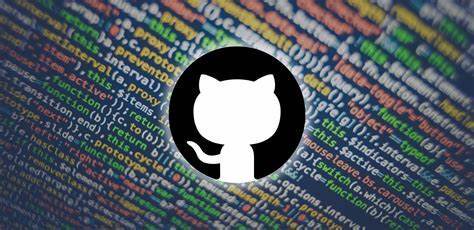
OpenAI is taking its AI-driven “deep research” functionality to the next level by introducing a new feature that allows for codebase analysis on GitHub.
On Thursday, the company unveiled the inaugural “connector” for ChatGPT Deep Research, a tool designed to scour the internet and various sources to generate comprehensive research reports on specific topics. This new capability, currently in beta, enables ChatGPT Deep Research to interface with GitHub, allowing developers to pose inquiries regarding codebases and engineering documentation.
The GitHub connector will be rolled out to ChatGPT Plus, Pro, and Team users over the coming days, with support for Enterprise and Educational users expected shortly, as confirmed by an OpenAI representative.
This integration comes at a time when AI firms are striving to enhance the utility of their chatbots by creating connections to external platforms and services. For instance, Anthropic recently launched Integrations, which provides applications with a direct link to its AI chatbot, Claude.
Previously, OpenAI had offered a plugin feature for ChatGPT but phased it out in favor of custom chatbots known as GPTs.
“I frequently hear from users who find ChatGPT’s deep research agent incredibly useful and desire connections to their internal resources, in addition to web access,” stated Nate Gonzalez, OpenAI’s Head of Business Products, in a LinkedIn blog post. “[This is why] we are excited to introduce our first connector today.”
Beyond answering questions about codebases, the new GitHub connector for ChatGPT Deep Research allows users to decompose product specifications into technical tasks and dependencies, summarize code structures and patterns, and learn how to implement new APIs with real code examples.
While there is a possibility that ChatGPT Deep Research may generate inaccurate information—an issue common to all AI models—OpenAI is marketing this new feature as a time-saving tool rather than a substitute for human expertise. An OpenAI spokesperson assured that ChatGPT will adhere to an organization’s settings, ensuring that users only access GitHub content they are authorized to view and codebases that have been explicitly shared with the AI.
OpenAI has been actively investing in tools for coding assistance, recently launching an open-source command-line interface tool called Codex CLI and enhancing the ChatGPT desktop application to interpret code from various developer-centric coding applications. The company views programming as a primary application for its models, evidenced by reports of a $3 billion agreement to acquire the AI-powered coding assistant Windsurf.
In other developments from OpenAI on Thursday, the company introduced fine-tuning options for developers aiming to tailor its latest models for specific applications. Developers can now fine-tune OpenAI’s o4-mini “reasoning” model using a method called reinforcement fine-tuning, which employs task-specific grading to enhance the model’s performance. Fine-tuning is also available for the GPT-4.1 nano model.
According to OpenAI, only verified organizations can fine-tune the o4-mini model, while fine-tuning for the GPT-4.1 nano model is accessible to all paying developers. OpenAI began restricting certain models and developer features to verified users in April, requiring organizations to submit identification and other documentation to prevent misuse.











